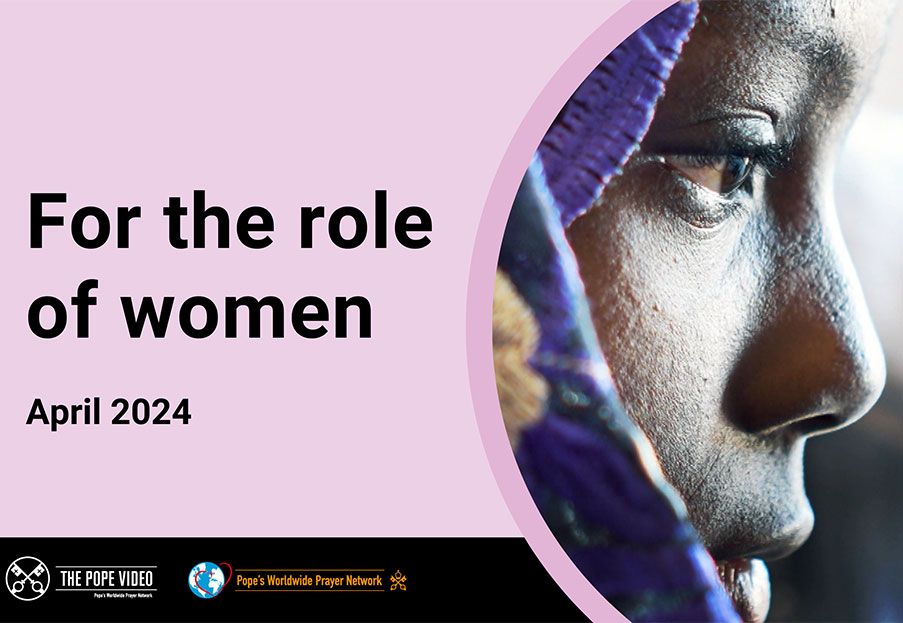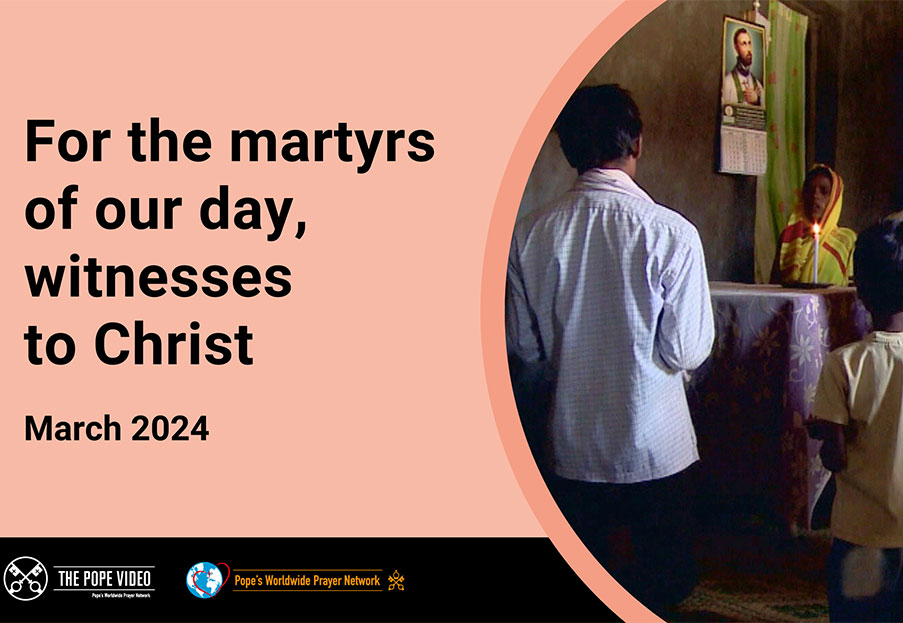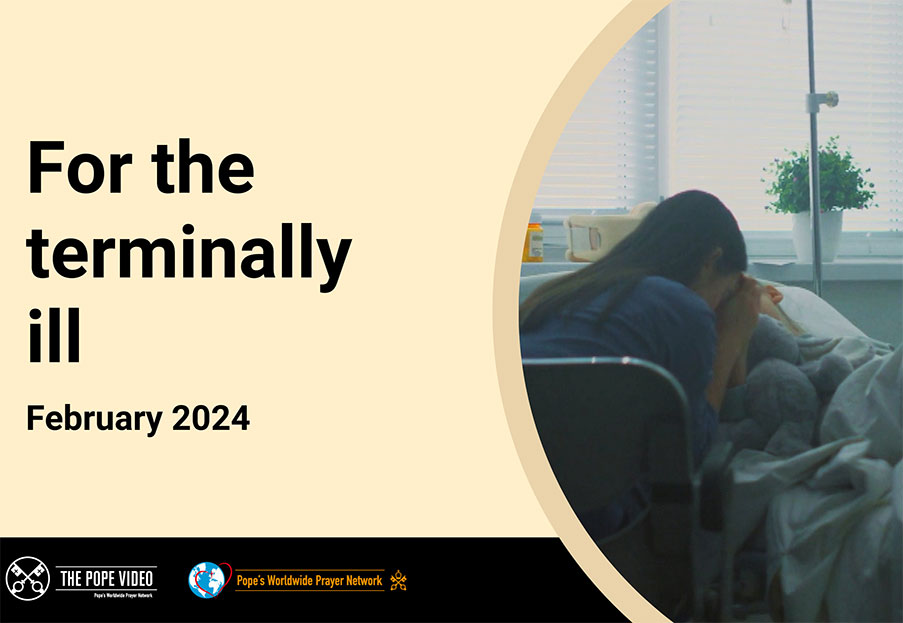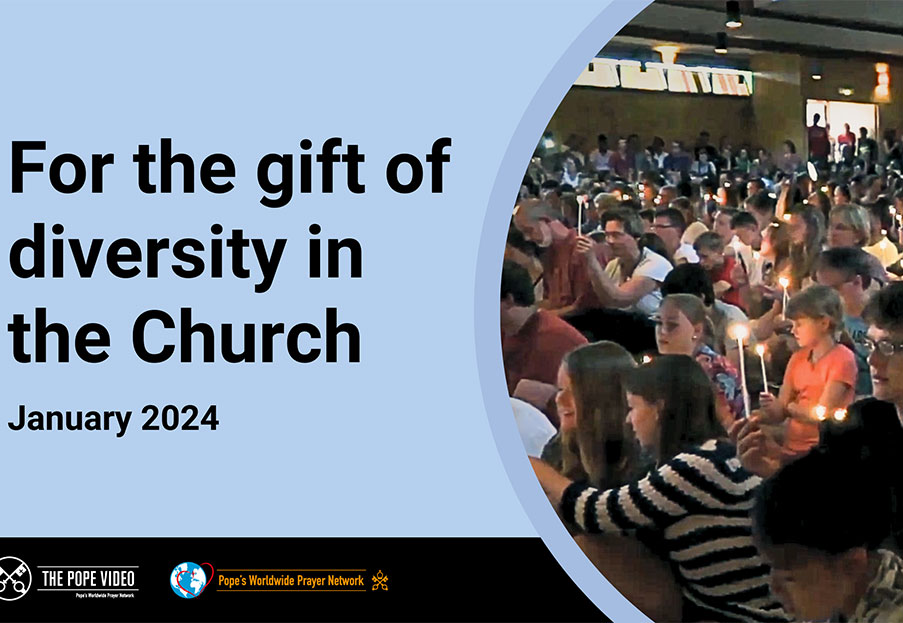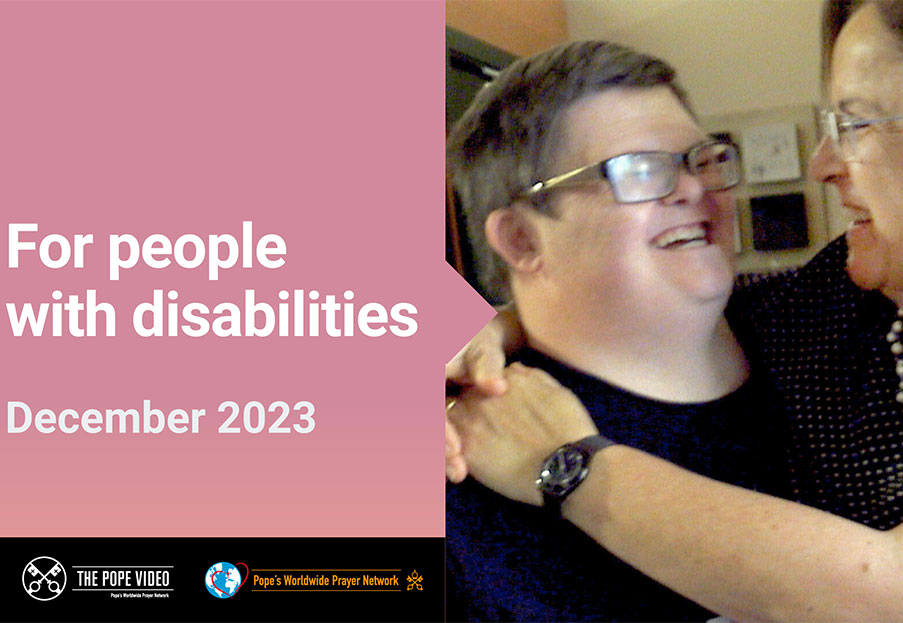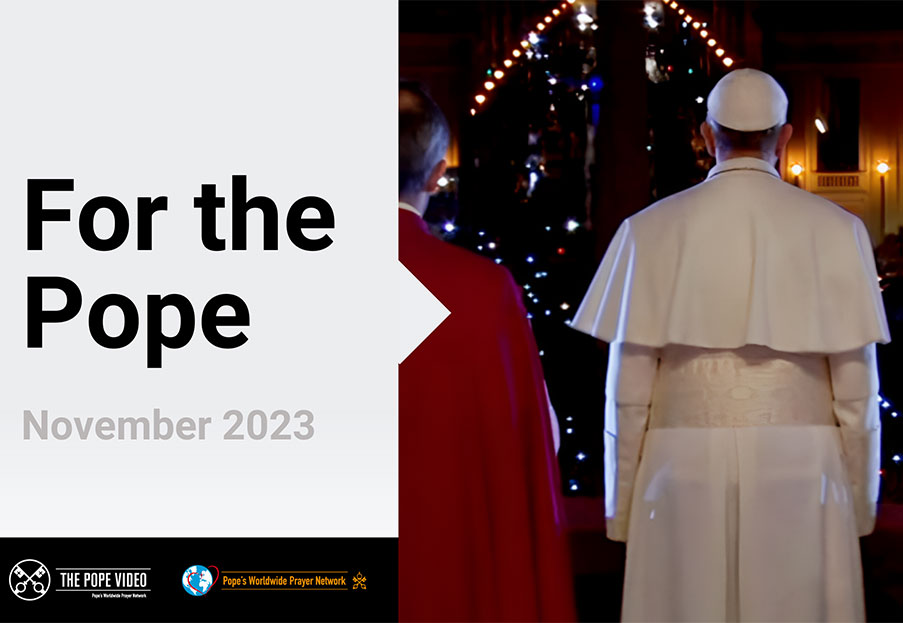Fratelli tutti: How to be fully human
Reflections on the encyclical by James Hanvey, SJ
Fratelli Tutti is a letter addressed to the whole Church and, indeed, everyone who is concerned about the relationships - personal, political, economic, ecological and spiritual - that make up our lives together.
The Pope’s letter comes at a time when the whole world is experiencing the effects of the Covid 19 virus. There is no doubt that this has put all our social systems under considerable strain. As well as exposing the fragility of communities and nations, it has strained international relationships and systems as well. What the virus has made very clear are the strengths as well as the weaknesses of our inter-relatedness. We cannot solve this sort of problem in isolation. The Pope invites us to imagine a better, inclusive and more just world and to consider together what it might take to bring that world about. So the main theme of ‘social friendship’ is very much germane for us all. Even though the Pope recognises that his is only ‘a modest contribution’ to all the problems facing us (§6), Fratelli Tutti is a letter of inspiration and hope.
In many ways, Fratelli Tutti,
continues from Laudato Si’. In Laudato Si’, again citing St
Francis, the Pope wanted to lift us to a new ecological vision of how we live
in ‘our common home’ as members of a delicate eco-system. He asked us to hear
the suffering cry of life and ‘mother earth’ in crisis because of human
exploitative actions. Laudato Si’ also offered us another way of living
together, respecting and cherishing the whole of creation as a gift that God
has entrusted to us. The vision of Laudato Si’ was both challenging and
inspiring. It did not have all the
answers, but it showed us another way of thinking and acting - an integral
ecology - that might lead to find solutions and live lives more in harmony with
the natural world around us.
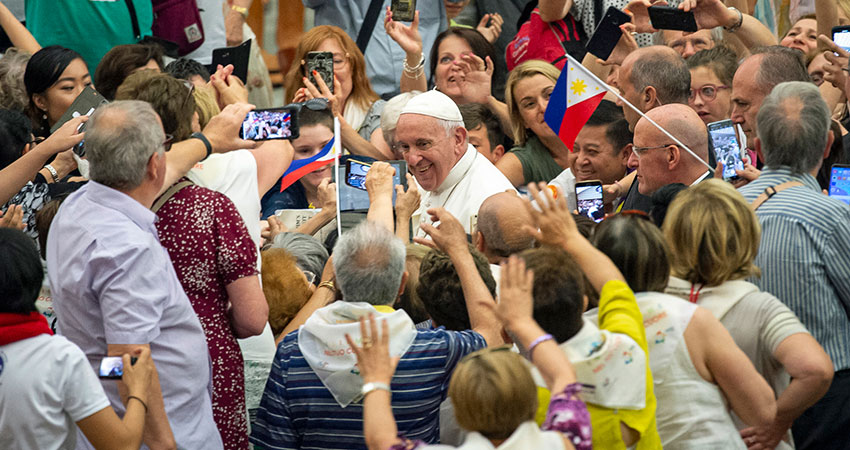
Fratelli Tutti approaches the same integral way of living and thinking but this time it focuses mainly on human relationships, both on a personal and community level.
To be human is to live in a rich, complex and creative nexus of relationships without which we would not exist, nor would we be able to realise our own humanity. Being held, and living in these relationships, not only brings us many good things, it confers responsibilities. It would be a mistake to think of these responsibilities as limitations upon us. Rather, they become opportunities for us to express our care and love for each other and, indeed, the planet which is our home. In these moral and personal relationships our lives find meaning and purpose. Just as Laudato Si’ captured the dynamic inter-relationality of all life when it spoke of ‘an integral ecology’, so Fratelli Tutti, captures the inter-relational and inter-personal reality of what it means to be human when it speaks of ‘fraternity and social friendship’. Together, while these encyclicals present us with a perceptive, honest picture of our broken and wounded world, they also express a realistic hope that we can change. We can begin to mend our world and, in doing so, mend ourselves.
We know that it cannot be done alone. We need friends for this journey, and we need also to become a friend to others who are setting out with us. It is when we are divided and think that we can achieve it on our own, whether as an individual or as a nation, that we will fail.
Fratelli Tutti knows something that
cannot be found in books of political science or psychology no matter how
insightful and wise. It knows that we are never alone for always God
is walking with us; often unseen, sometimes carrying us, sometimes urging us
on. For God so loves the world
and wants it to have life (Jn 3:16 ff.; Rom.8:31). Christ is the assurance
that God is not only with us but for us, and that our work together will never
be in vain.
